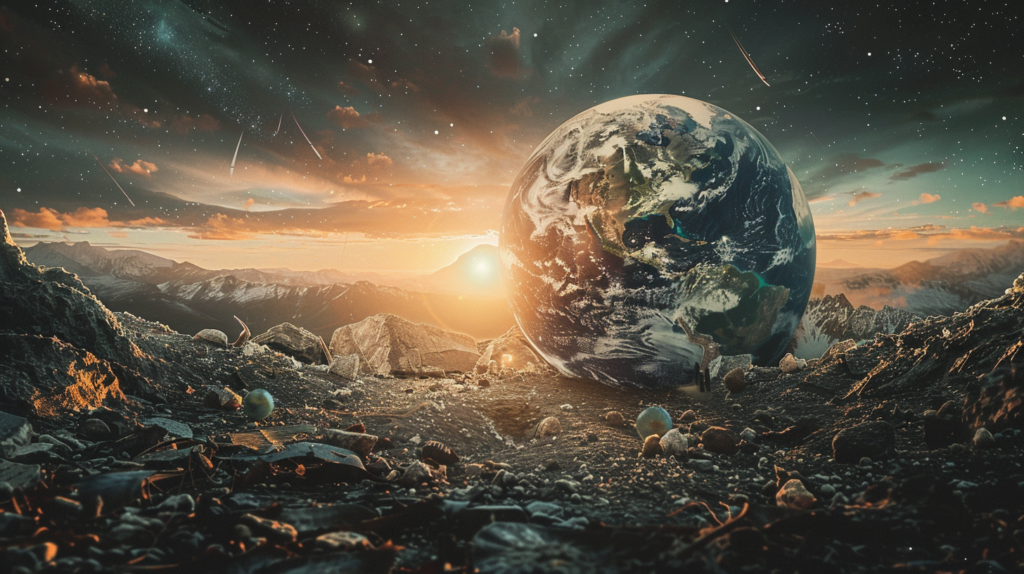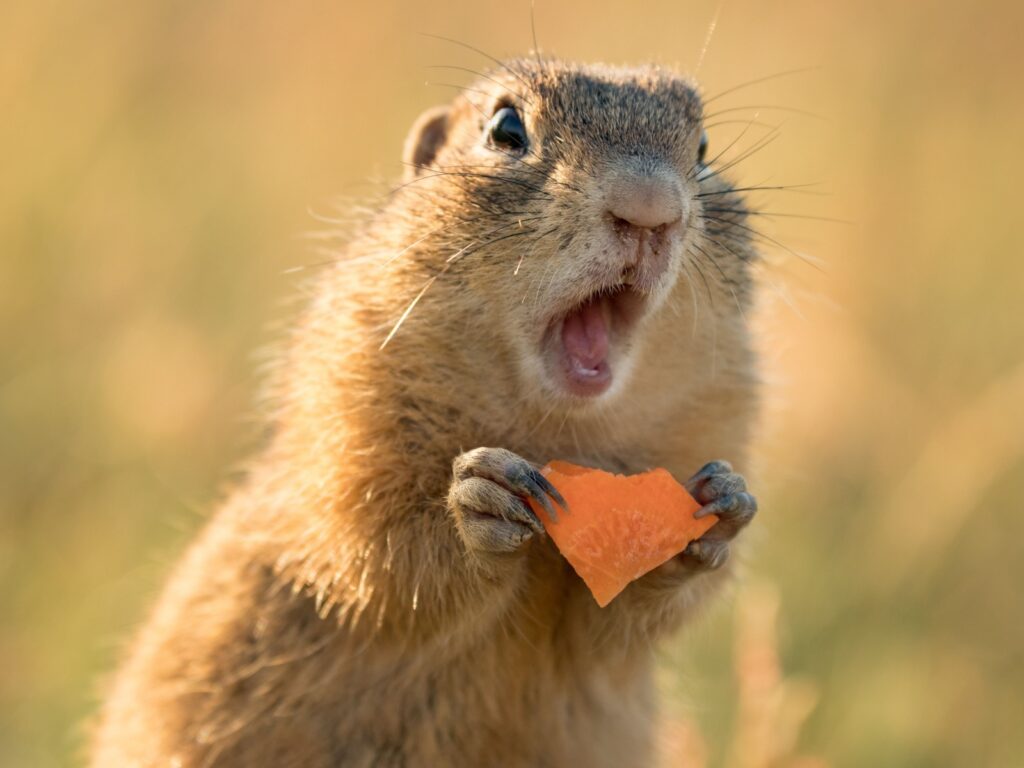Our beautiful Earth is facing unprecedented challenges due to human activities. From the air we breathe to the oceans we swim in, our actions have far-reaching consequences for the environment and all living creatures. Let’s explore 15 ways we’re harming our planet and what we can do to make a difference.
Deforestation
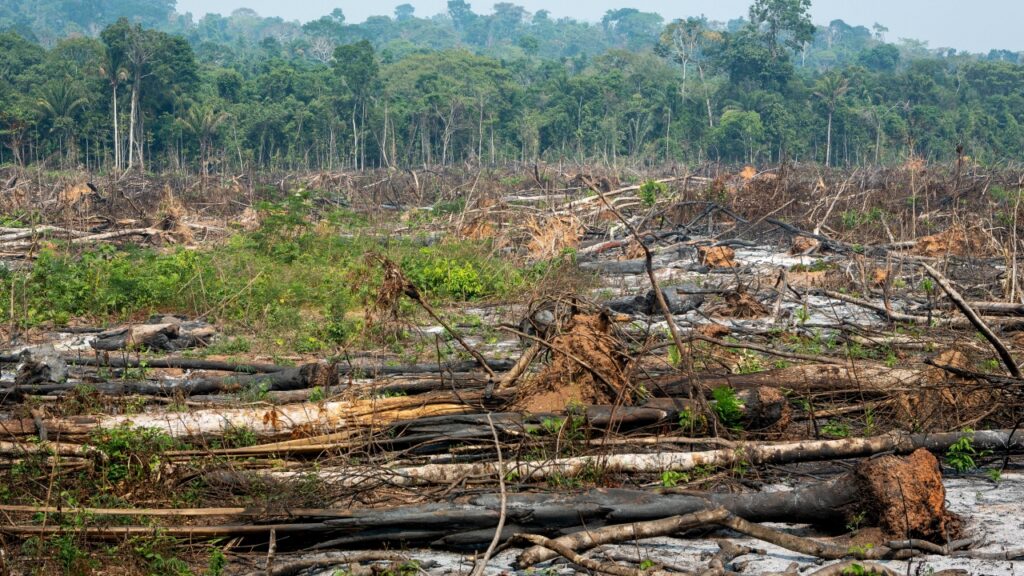
Cutting down forests at an alarming rate is one of the most significant ways humans damage the environment. Deforestation destroys habitats for countless species and disrupts entire ecosystems. It also contributes to climate change by reducing the Earth’s ability to absorb carbon dioxide. Every minute, we lose the equivalent of 40 football fields of forests. This destruction threatens biodiversity and the livelihoods of millions who depend on forests for survival.
Burning Fossil Fuels
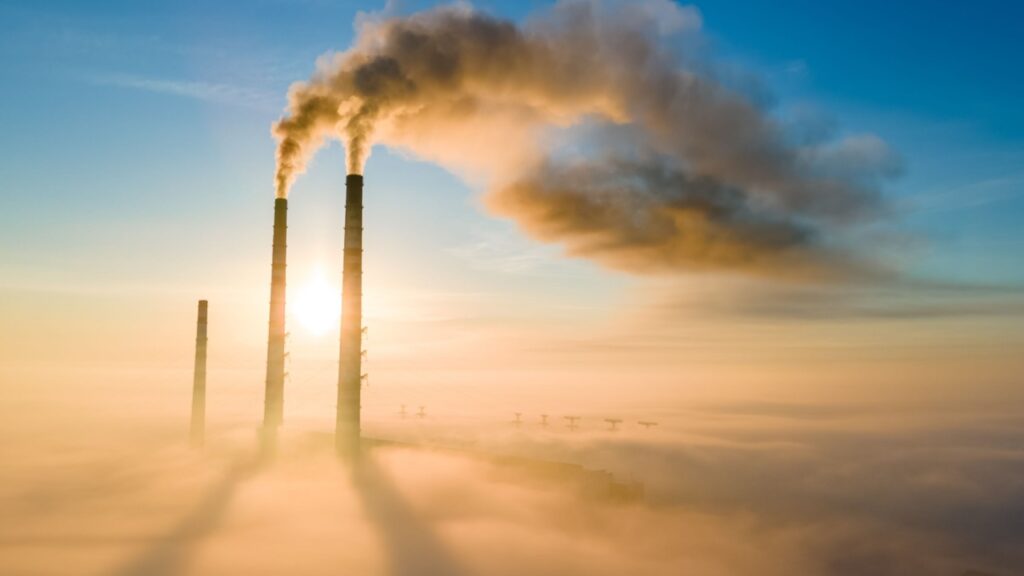
The burning of coal, oil, and natural gas releases enormous amounts of greenhouse gases into the atmosphere. These gases trap heat, leading to global warming and climate change. The effects are far-reaching, from melting polar ice caps to more frequent and intense natural disasters. Burning fossil fuels is the main driver of human-caused climate change, altering weather patterns and threatening food security worldwide.
Plastic Pollution

Our overreliance on single-use plastics has led to a global crisis. Plastic waste chokes our oceans, harms marine life, and even enters our food chain. Microplastics have been found in the most remote parts of the planet, from the depths of the Mariana Trench to the peak of Mount Everest. The production of plastics also contributes to greenhouse gas emissions, further exacerbating climate change.
Overfishing
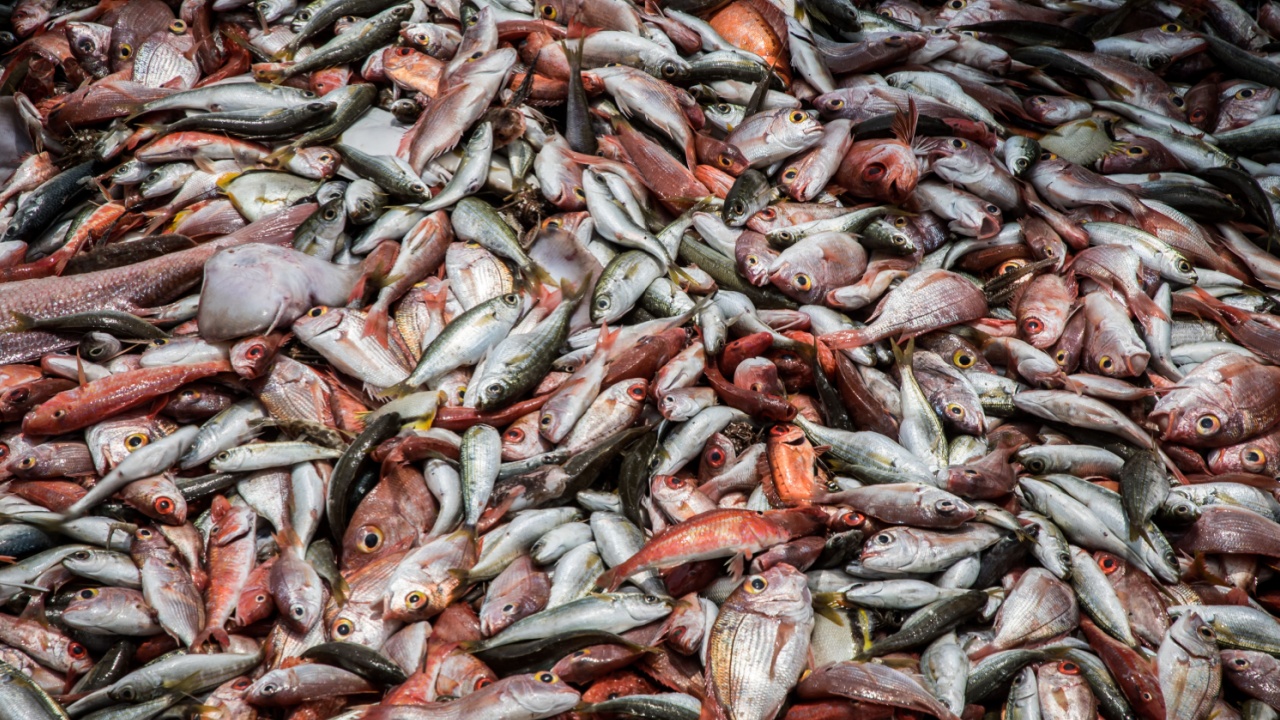
The world’s oceans are being emptied at an unsustainable rate. Overharvesting of fish stocks disrupts marine ecosystems and threatens food security for millions who rely on seafood as a primary protein source. Many fish populations have collapsed or are on the brink of extinction due to industrial fishing practices. This not only affects marine biodiversity but also the livelihoods of coastal communities worldwide.
Industrial Agriculture
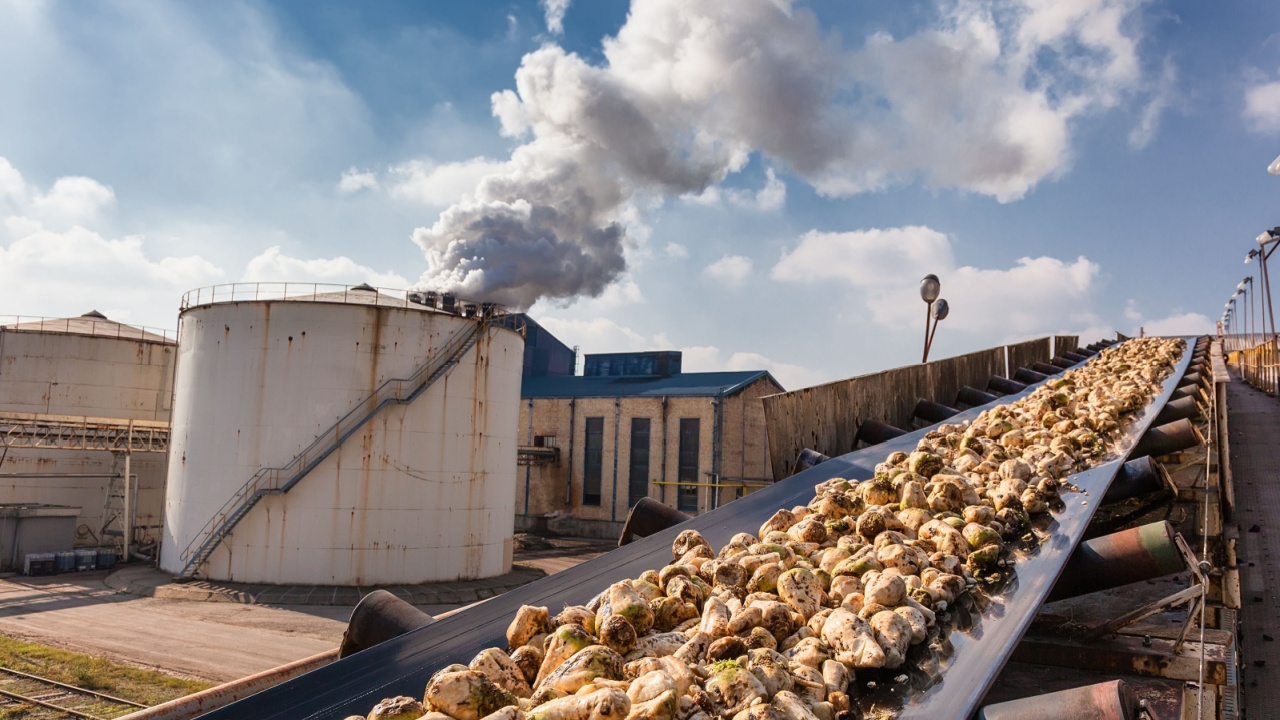
Modern farming practices often prioritize yield over sustainability. The heavy use of pesticides and fertilizers pollutes soil and water, harming beneficial insects and aquatic life. Monoculture farming depletes soil nutrients and reduces biodiversity. Industrial agriculture also contributes significantly to greenhouse gas emissions through the use of fossil fuel-powered machinery and the release of methane from livestock.
Air Pollution

The release of harmful particles and gases into the atmosphere affects both human health and the environment. Air pollution from vehicles, factories, and power plants contributes to respiratory diseases and premature deaths. It also leads to acid rain, which damages forests, lakes, and buildings. In many cities around the world, the air quality is so poor that it poses serious health risks to residents.
Water Pollution
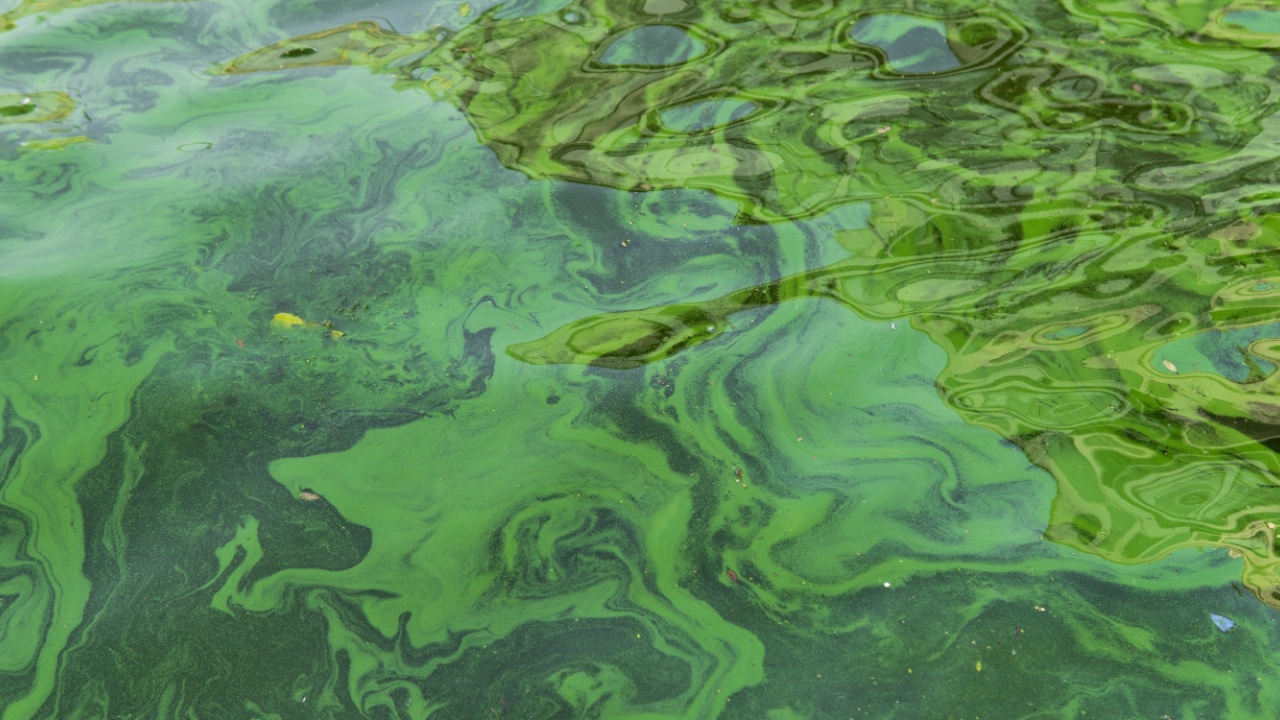
Human activities contaminate rivers, lakes, and oceans with chemicals, plastics, and waste. This pollution harms aquatic life and makes water unsafe for human consumption. Fertilizer runoff from farms causes algal blooms that deplete oxygen in water bodies, creating dead zones. Industrial waste and oil spills can have devastating effects on marine ecosystems that last for decades.
Urban Sprawl
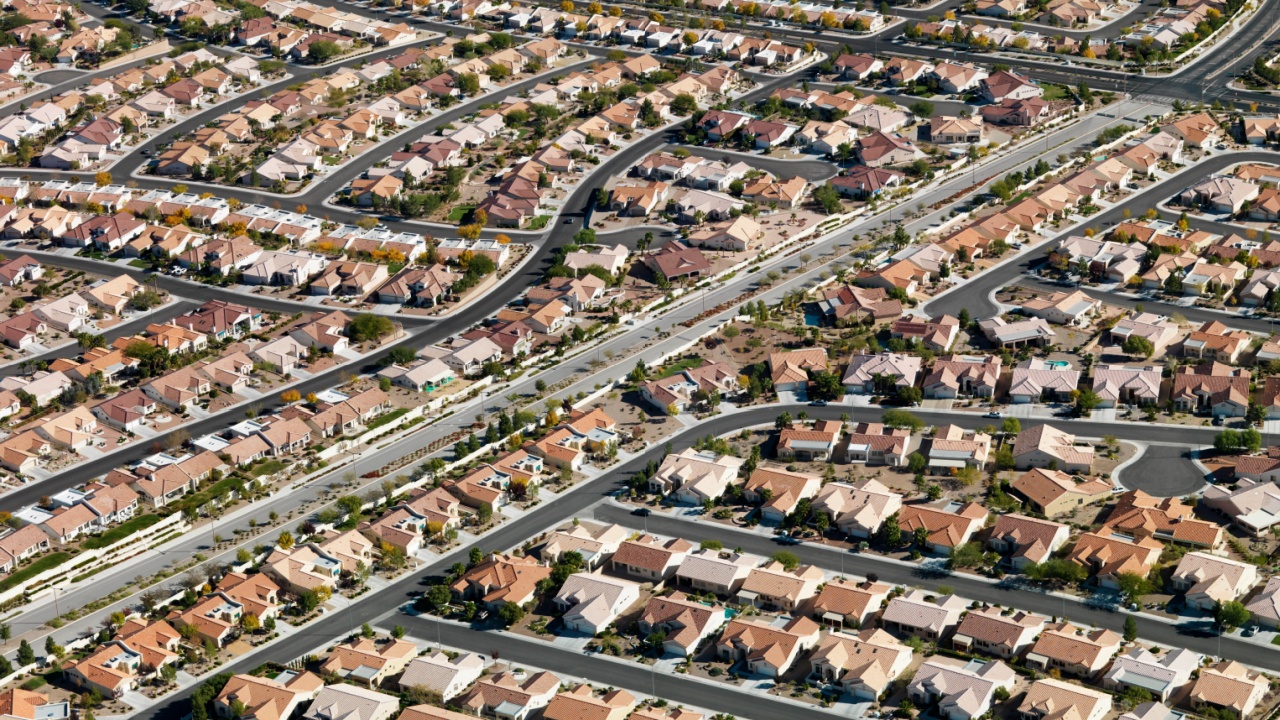
As cities expand, they often encroach on natural habitats and agricultural land. This urban sprawl leads to habitat loss for wildlife and increases reliance on cars, contributing to air pollution and greenhouse gas emissions. The expansion of concrete jungles also reduces green spaces that are crucial for absorbing carbon dioxide and providing habitats for urban wildlife.
Overconsumption
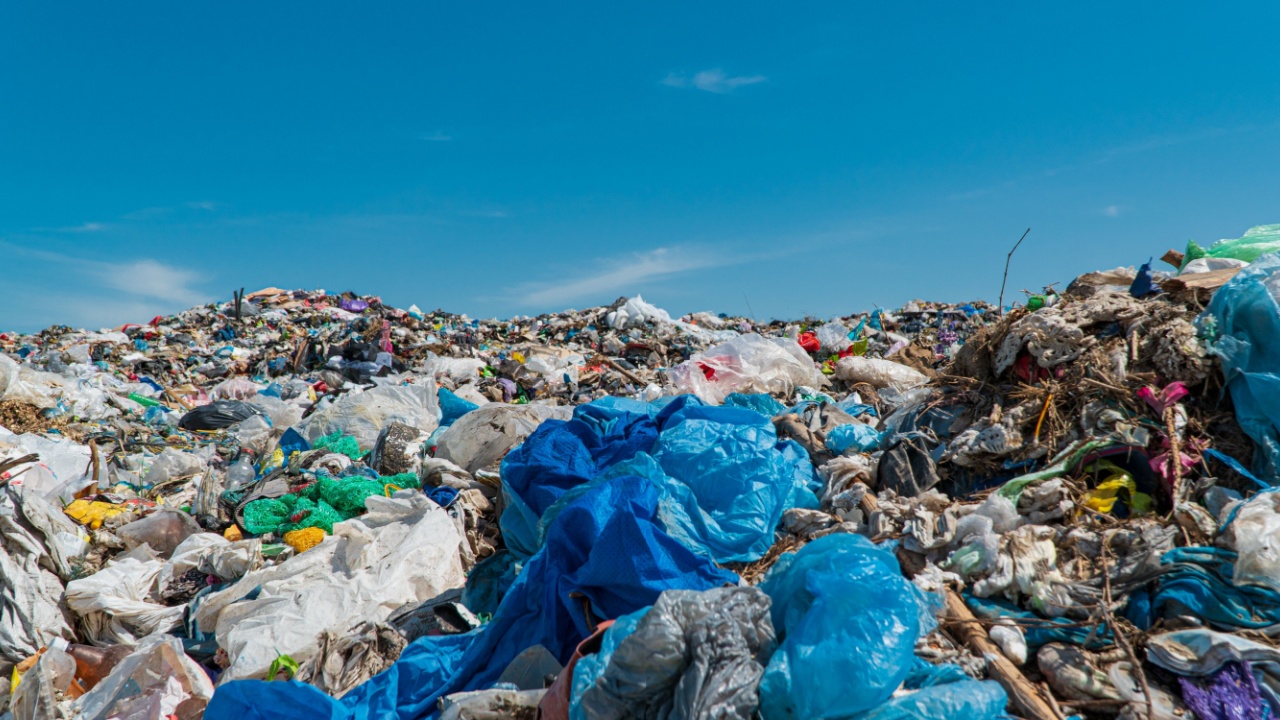
Our throwaway culture and appetite for new products put immense pressure on the planet’s resources. Fast fashion, electronics with planned obsolescence, and single-use items contribute to mountains of waste in landfills. This overconsumption drives resource extraction, energy use, and pollution at unsustainable levels.
Habitat Destruction
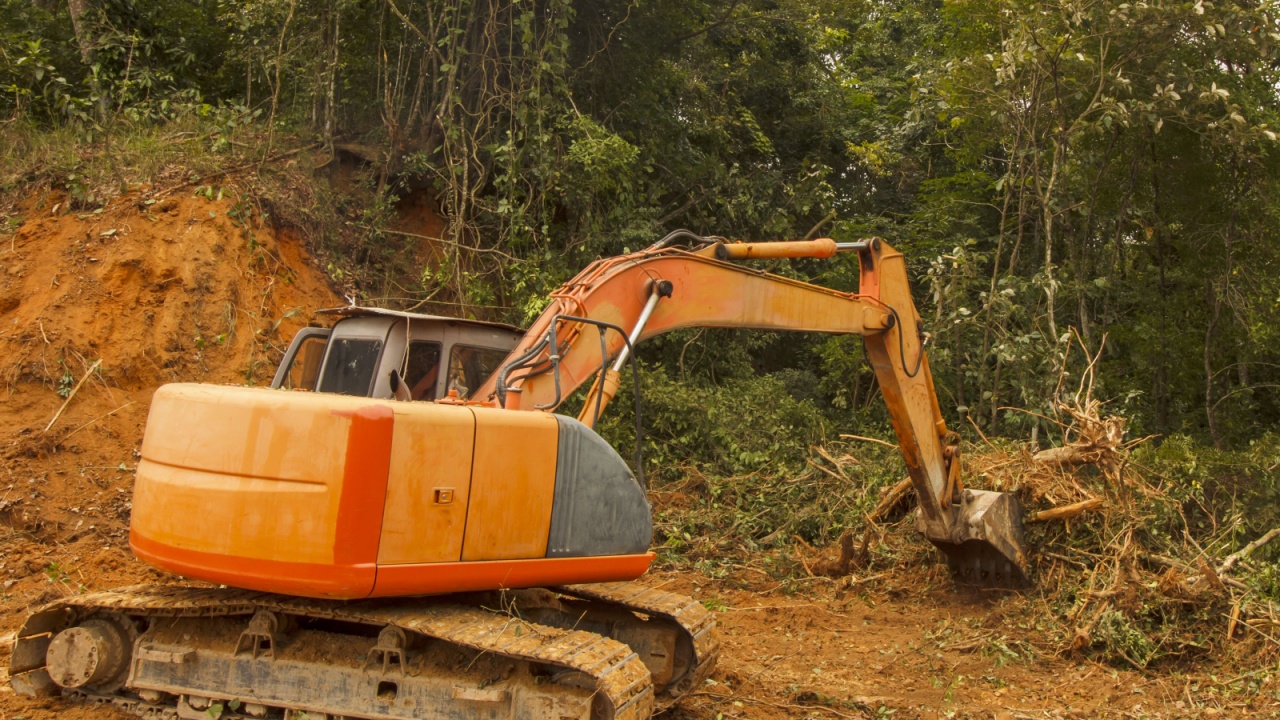
Human activities like agriculture, mining, and urban development often lead to the destruction of natural habitats. This loss of habitat is a major threat to biodiversity, pushing many species to the brink of extinction. The fragmentation of ecosystems disrupts migration patterns and makes it harder for species to adapt to climate change.
Soil Degradation
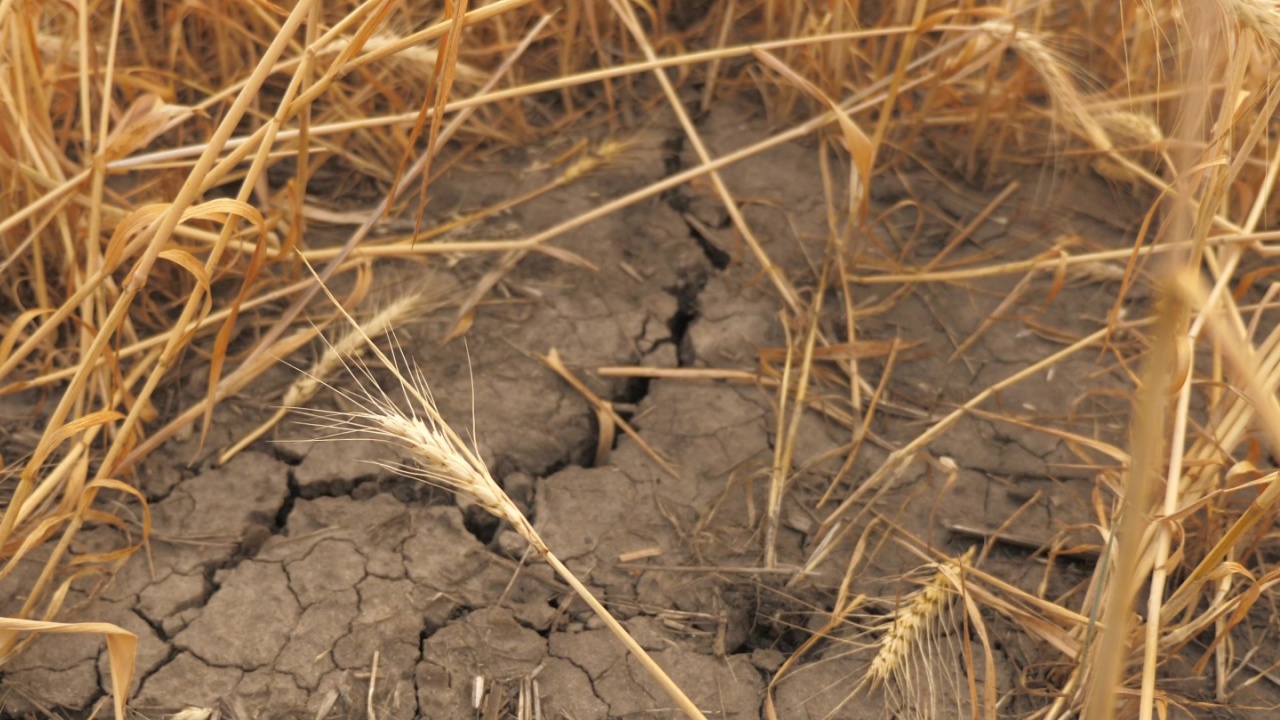
Poor farming practices, deforestation, and overgrazing lead to soil erosion and loss of fertility. This degradation reduces the land’s ability to produce food and absorb carbon dioxide. It also increases the risk of desertification, threatening food security and livelihoods in many parts of the world.
Noise Pollution
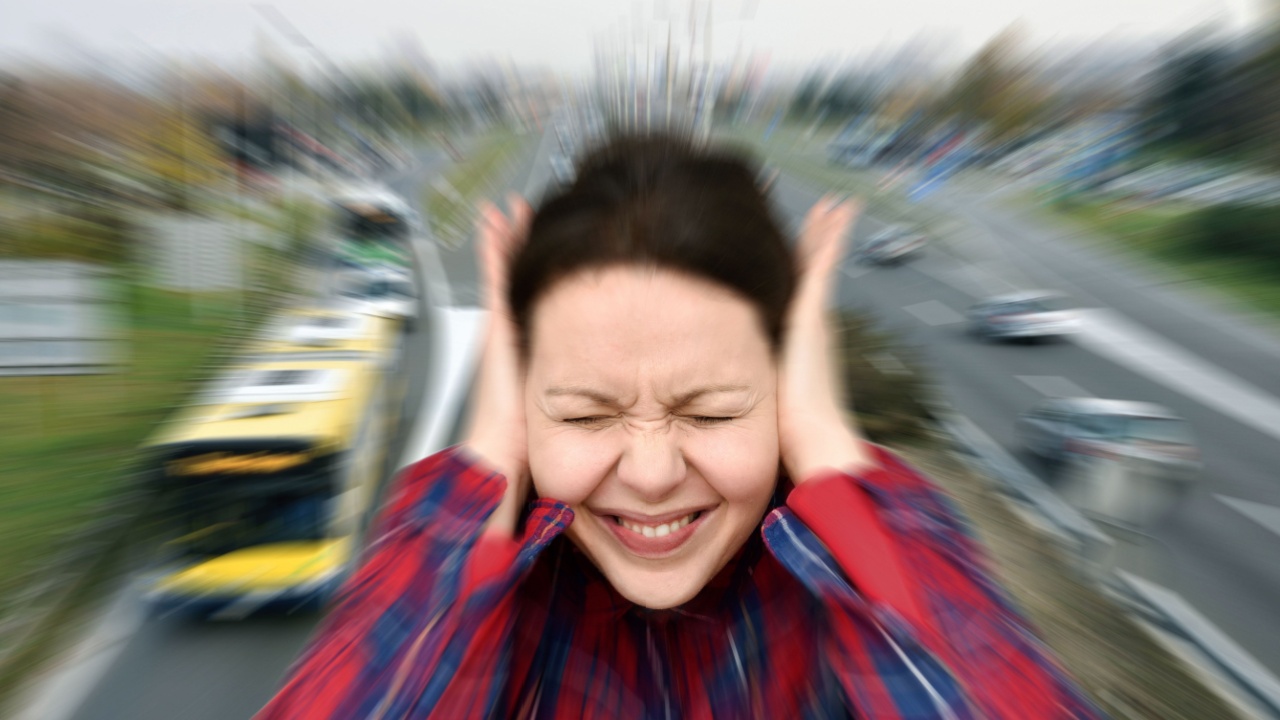
Often overlooked, noise pollution from traffic, construction, and industrial activities can have significant impacts on both humans and wildlife. It disrupts animal communication and breeding patterns, affecting entire ecosystems. In humans, chronic exposure to noise pollution can lead to stress, sleep disturbances, and other health issues.
Light Pollution
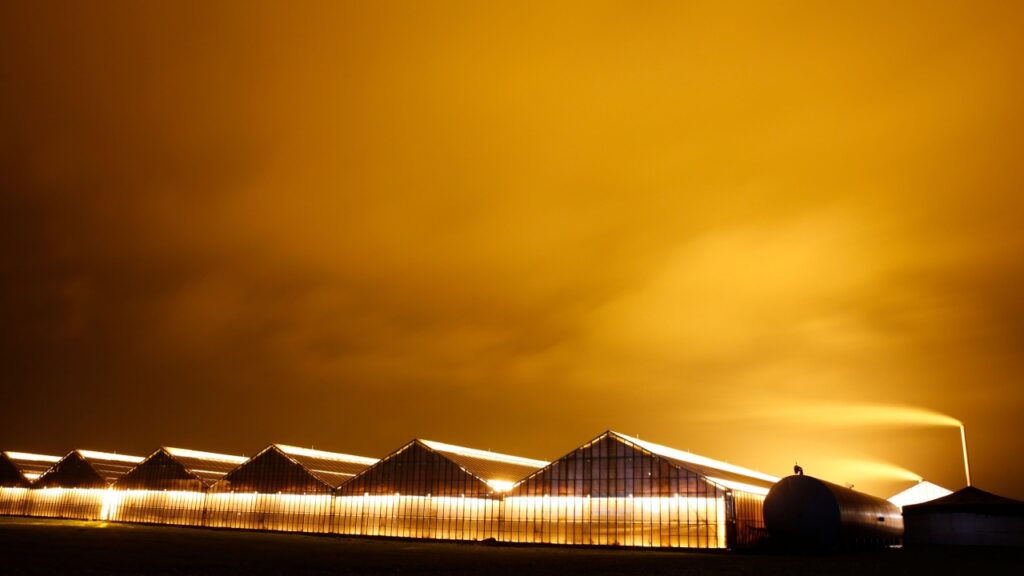
Excessive artificial light at night disrupts natural day-night cycles for both humans and wildlife. It affects the migration patterns of birds, the breeding habits of sea turtles, and the behavior of nocturnal animals. Light pollution also wastes energy and contributes to greenhouse gas emissions.
Chemical Pollution

The release of toxic chemicals from industrial processes, agriculture, and everyday products pollutes air, water, and soil. These pollutants can accumulate in the food chain, affecting wildlife and human health. Many of these chemicals persist in the environment for years, causing long-term damage to ecosystems.
Invasive Species Introduction
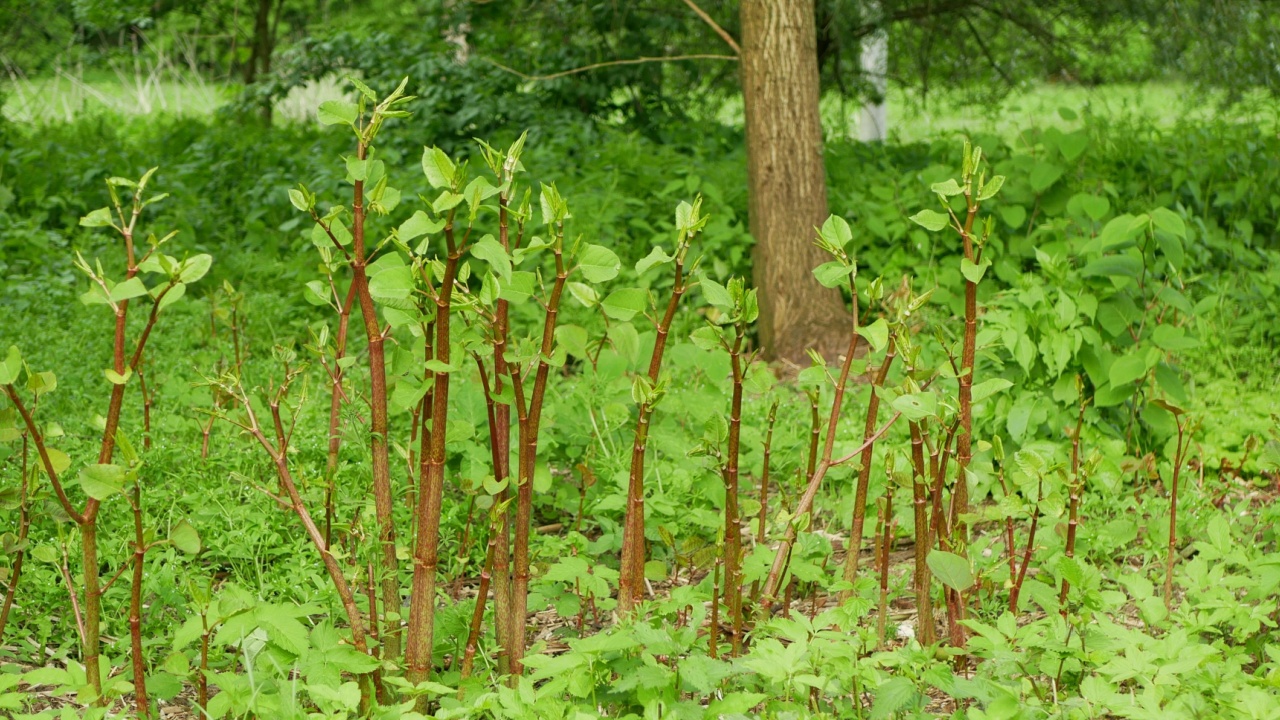
Human activities often lead to the intentional or accidental introduction of non-native species to new environments. These invasive species can outcompete native flora and fauna, disrupting local ecosystems. They can cause significant economic damage to agriculture and fisheries, and in some cases, lead to the extinction of native species.
Becky is a fervent wildlife enthusiast and pet care expert with a diploma in canine nutrition. Her love for animals stretches beyond the domestic, embracing the wild tapestry of global fauna. With over a decade of experience in animal welfare, Becky lends her expertise to OutlandishOwl through insightful articles, captivating wildlife information, and invaluable guidance on pet nutrition. Her work embodies a deep commitment to understanding the intricate lives of animals and a passion for educating others on sustaining natural habitats. Becky's hands-on conservation efforts and her knack for translating complex dietary science into practical pet feeding tips make her an indispensable voice for creatures great and small.

